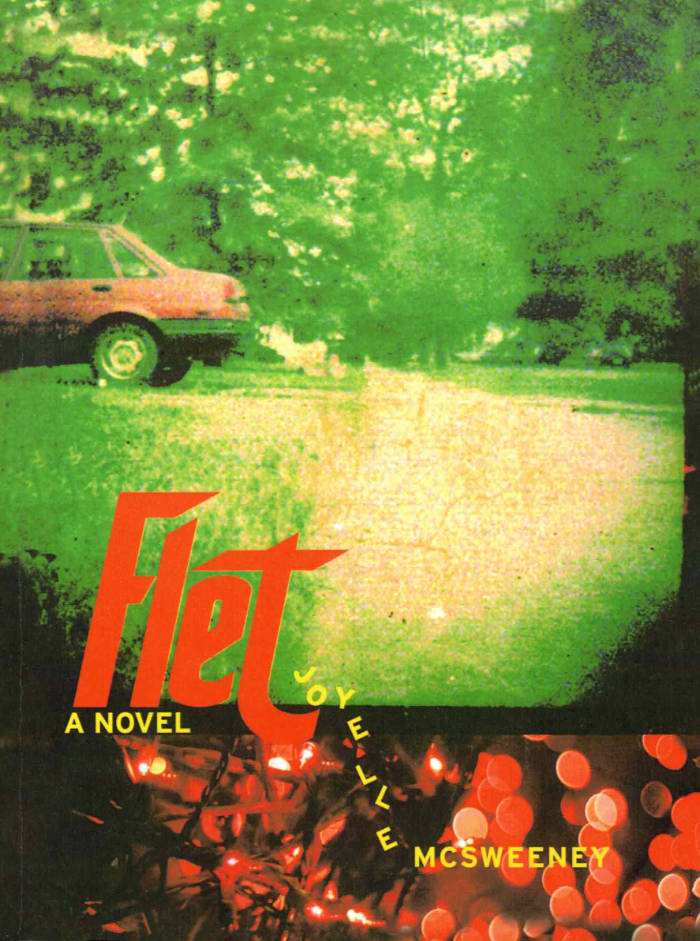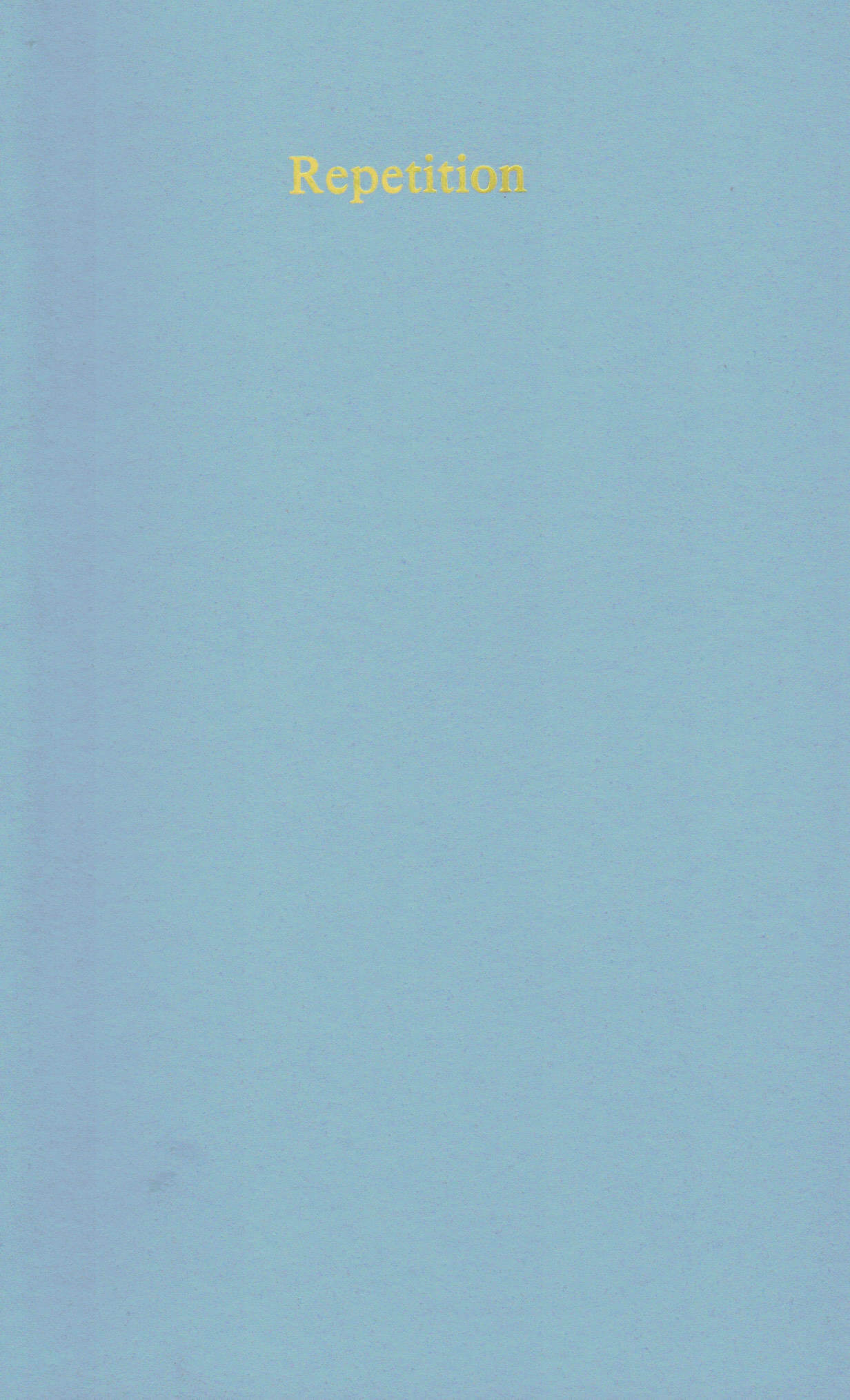
Trash
Trash interweaves the voices of three women with lived connections to the municipal garbage dump of Ciudad Juárez, Mexico.
Aguilar Zéleny's Trash shows the complexities of survival and joy, love and violence for three women: a teenager abandoned by her guardian at the dump, a scientist doing research on the residents of the dump, and a transwoman living nearby who is the matriarch of a group of sex workers.
Each one of the characters navigates family, abandonment, power, jealousy, greed, and multiple taboos around sexuality and gender violence. Their stories are linked by geography and by ideas of waste and abandonment.
As Aguilar Zéleny explores these territories in her book, she asks crucial questions: who is seen as disposable and why? How do women find their own means of survival and joy in the midst of a perilous sociopolitical context? What does it mean to live a life in a time of austerity and extreme violence? Trash is a critical intervention in Mexican literature.
Translated by J.D. Pluecker
Lambda Literary Award Finalist for Transgender Fiction
Language: English







